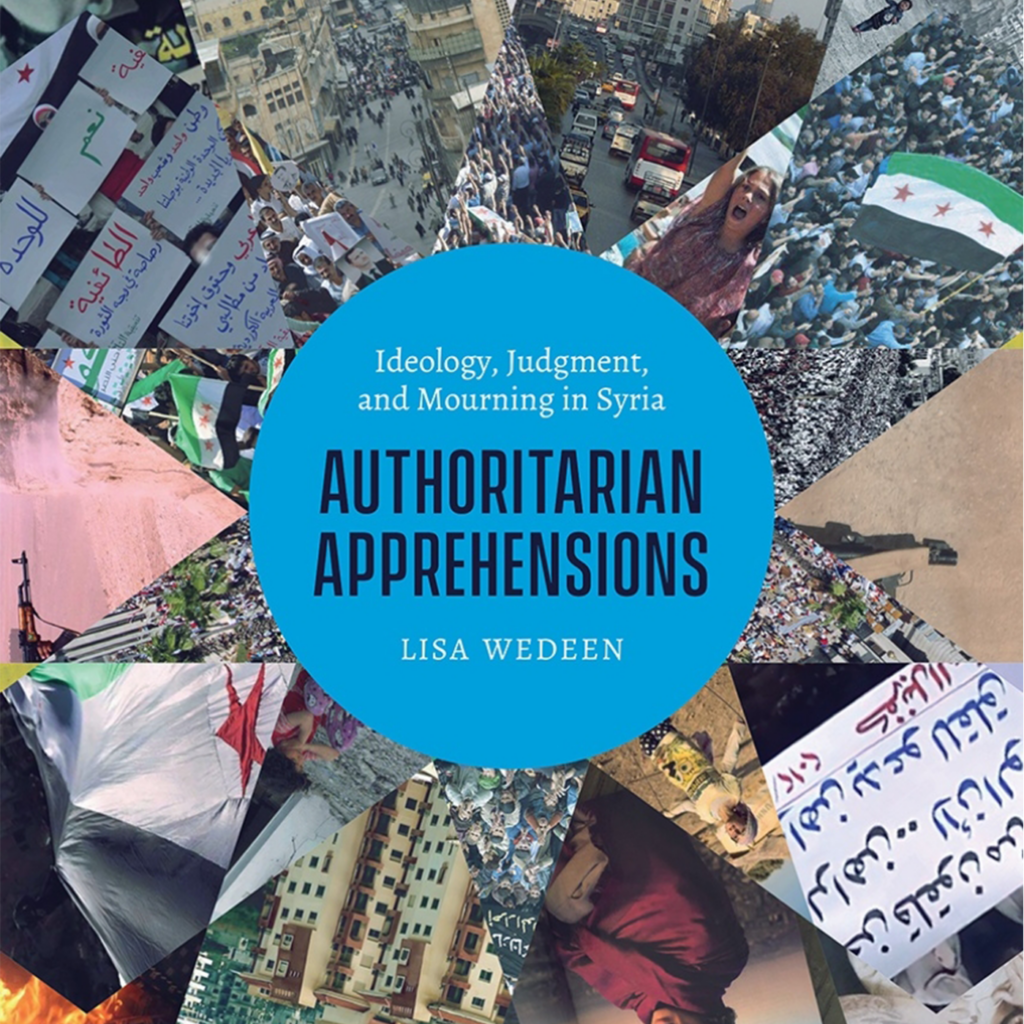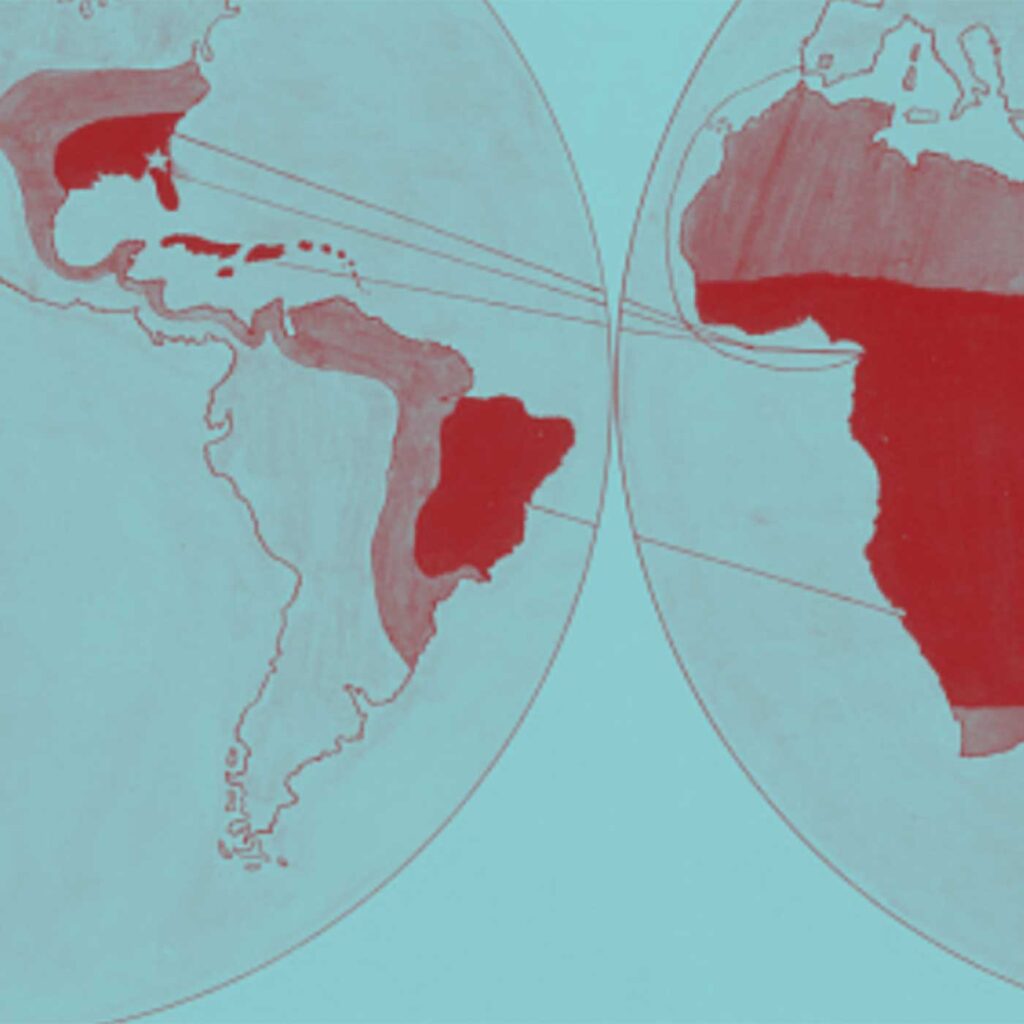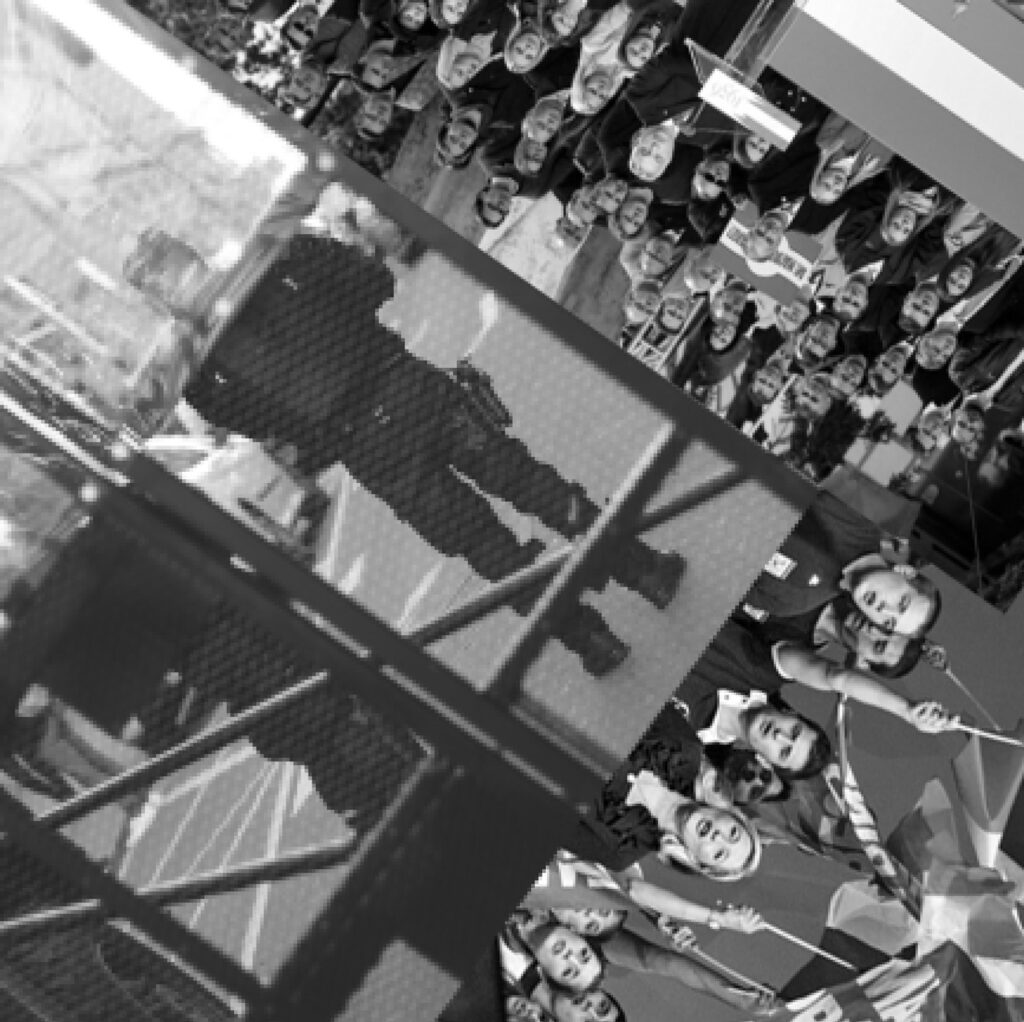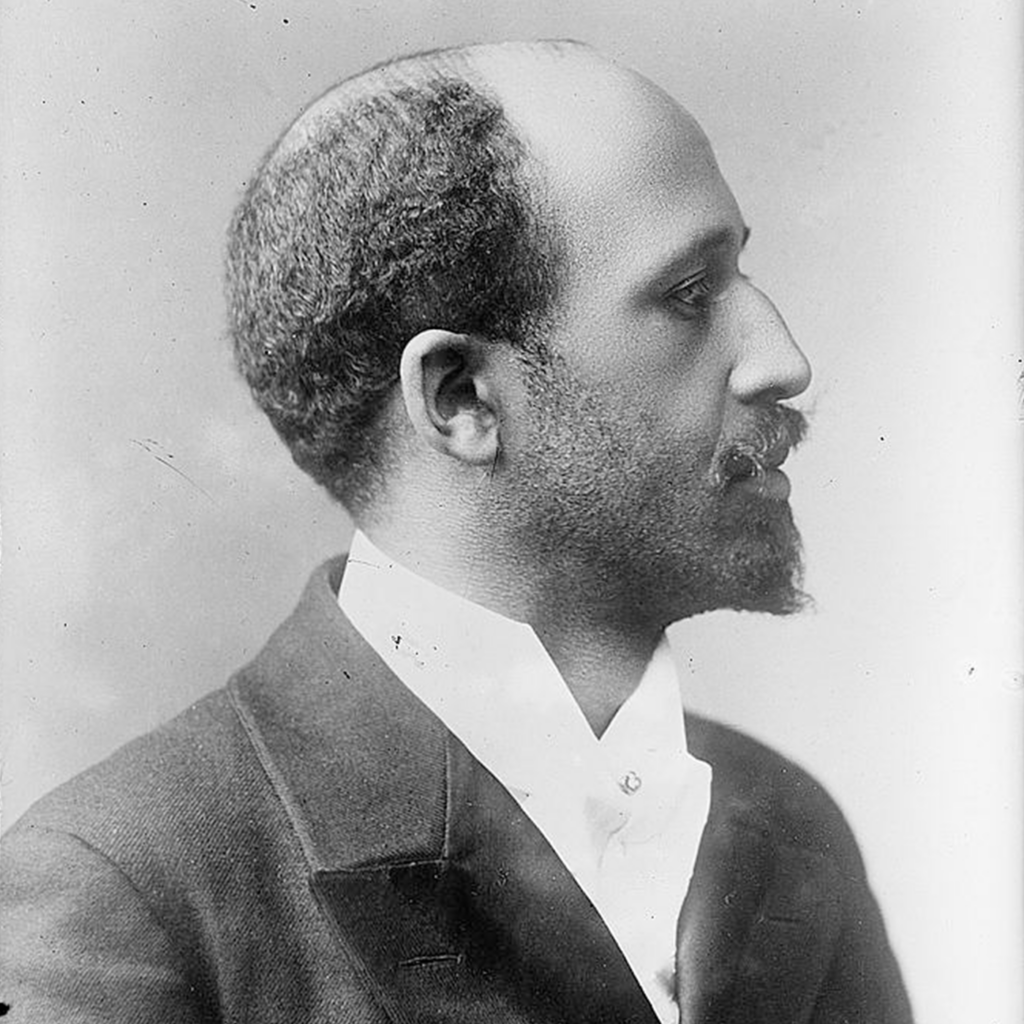Liberalism and Empire
The mutual constitution of liberal political thought and modern European empires has been the subject a vibrant new body of work in both political theory and the history of political thought over the past two decades. The evolution of liberal thought coincided and intersected with the rise of European empires, and those empires have been shaped by liberal preoccupations, including ideas of tutelage in self-government, exporting the rule of law, and the normativity of European modernity. Some of the questions this course will address include: how was liberalism, an apparently universalistic and egalitarian theory, used to legitimate conquest and imperial domination? Is liberalism inherently imperialist? Are certain liberal ideas and doctrines (progress, development, liberty) particularly compatible with empire? What does, or what might, a critique of liberal imperialism look like? Readings will include historical works by authors such as Mill, Tocqueville, and Hobson, as well as contemporary works of political theory and the history of political thought (by authors such as James Tully, Michael Ignatieff, David Kennedy, and Uday Mehta).
PLSC 23010 | PLSC 33010 | HMRT 23010 | KNOW 21401 | LLSO 25903 | CCCT 23010 | CCCT 33010



